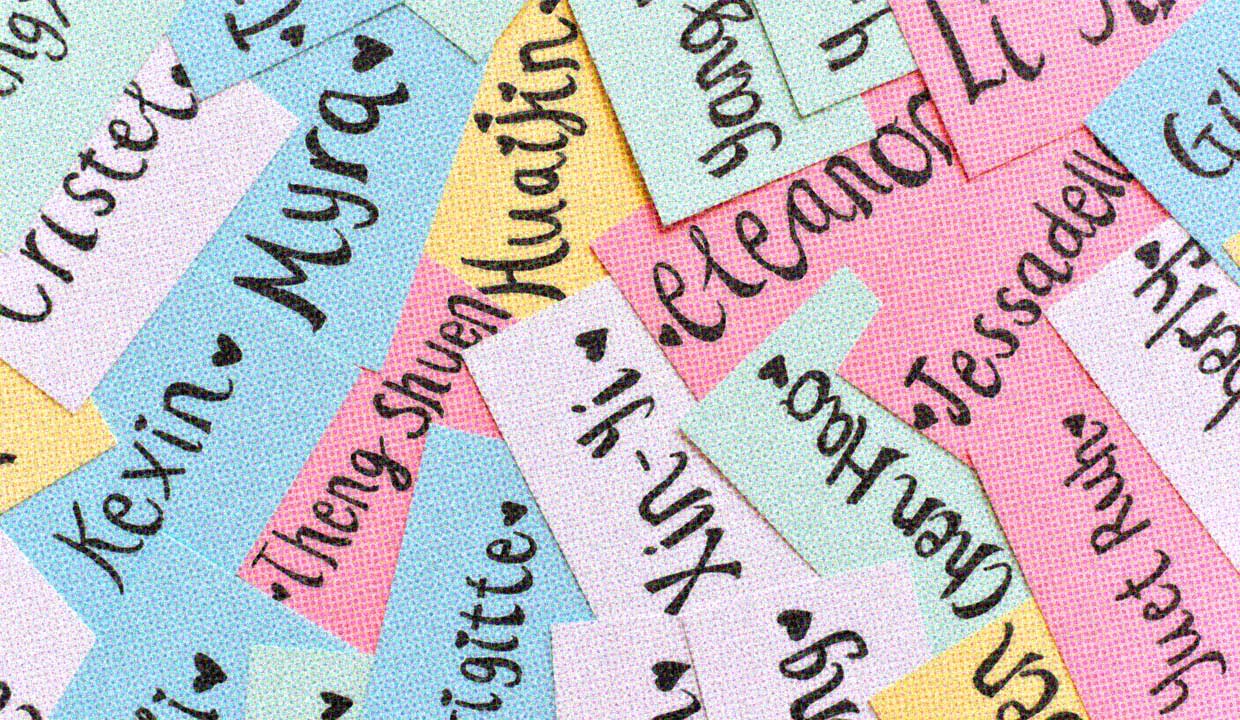
"Whenever boring old men went, 'What? No children? Well, you'd better get on with it, old girl,' I'd say 'No! Fuck off!'" ~ Helen Mirren
Do you want kids someday? If you do, good for you. If you don't, that's great too. In fact, a lot of the parents I know will say "Don't have kids! It's a trap!" as they cry into their cold coffee while eating the leftover crust of their kid's toast because having kids = why we can't have nice things.
Chances are if you're using a casual dating app like HUD, you're not looking for a baby daddy/mama any time soon. But what if you're not looking to have kids, well, ever? Like, never ever? Society might frown on you and remind you that SOMEONE has to take care of you when you're old. You might be told it's your DUTY as a woman to perpetuate the species. Your parents might wistfully sigh that you owe them some grandkids. You might find a partner and be with them for a while and then hear people asking you when you're going to settle down and start a family. And all of these thoughts and pressures might make you want to gag. Get out of my uterus and mind your business!
With the current political climate of "Hey, let's police women's wombs!" taking root in the most insidious way in the US, and The Handmaid's Tale playing out in real life while we warily try to navigate modern society, this book - Otherhood: Essays on being childless, childfree and child-adjacent, edited by Alie Benge, Lil O'Brien, and Kathryn van Beek (Massey University Press, RRP$30) - is both a breath of fresh air and a warning beacon. The cover is red - the color of red flags - which is probably what people will think you're raising if they see you with this book out in public.
And those red flags are timely, necessary, and welcome. Fertility rates are dropping throughout the developed world, women are having fewer babies later in life, and many people are opting out of parenthood, period, end of sentence. And being "without" children, in whatever way that happens, is no longer a defining aspect of people's lives. It's becoming a peripheral thing, and one that isn't seen as a source of shame or loss or missing out. It's seen as liberating, to be envied, joyful, and transgressive. It brings freedom. Financial freedom, time freedom, freedom of movement. It gives women the ability and the capacity to put themselves first, follow their own dreams, and figure out what they want from life on their own.
This series of essays is thoughtful and provocative. Written by women with varying relationships to the concept of parenthood - those who have chosen not to have children, those for whom it just never happened, those who experienced failed fertility treatments, those who have lost pregnancies and children, those who donated eggs for others to become parents - it covers a lot of emotional ground in a raw, authentic way.
The concept of motherhood is, for many women, accompanied by ambivalence as well as external pressure. To step out of the "traditional" gender-based role of mother is seen as subversive and stigamitizing in many cultures, and there's a sense of defensiveness that many non-mothers feel, which is entirely unwarranted and unnecessary, but hostilely pervasive in the face of societal norms.
This book is not an apologetics of "otherhood", but an unflinching exploration of what it looks and feels like to not have kids for whatever reason. The reasons are actually secondary to the judgements these writers have faced and continue to face. Nobody asks men why they didn't have kids - why do we feel like it's okay, even justified, to ask women?
Read this book, and then if you ever hear someone whisper, almost shamefacedly, "I don't want kids," you can reply: "Good. You don't have to want them." Because despite what conservative old man politicians want you to believe, your body and your choices belong to you, and your journey is valid, kids or no kids, ambivalence or certainty. You do you. First and always.
Read more
Dating
How to navigate the roster
Exploring multiple connections at once can be exciting. Doing it well requires transparency, sexual health awareness, and serious calendar skills.
